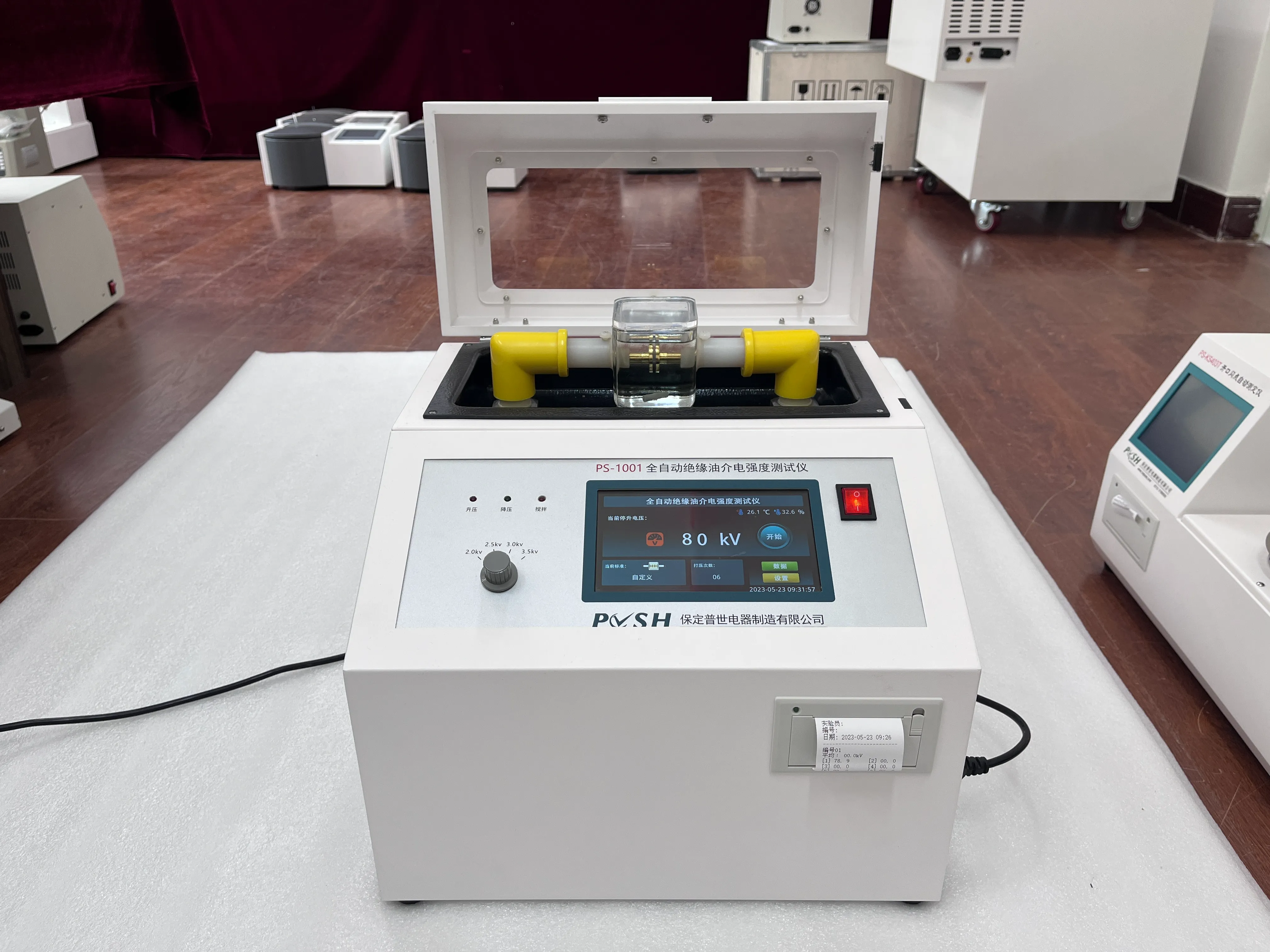 English
English



-
 Afrikaans
Afrikaans -
 Albanian
Albanian -
 Amharic
Amharic -
 Arabic
Arabic -
 Armenian
Armenian -
 Azerbaijani
Azerbaijani -
 Basque
Basque -
 Belarusian
Belarusian -
 Bengali
Bengali -
 Bosnian
Bosnian -
 Bulgarian
Bulgarian -
 Catalan
Catalan -
 Cebuano
Cebuano -
 China
China -
 China (Taiwan)
China (Taiwan) -
 Corsican
Corsican -
 Croatian
Croatian -
 Czech
Czech -
 Danish
Danish -
 Dutch
Dutch -
 English
English -
 Esperanto
Esperanto -
 Estonian
Estonian -
 Finnish
Finnish -
 French
French -
 Frisian
Frisian -
 Galician
Galician -
 Georgian
Georgian -
 German
German -
 Greek
Greek -
 Gujarati
Gujarati -
 Haitian Creole
Haitian Creole -
 hausa
hausa -
 hawaiian
hawaiian -
 Hebrew
Hebrew -
 Hindi
Hindi -
 Miao
Miao -
 Hungarian
Hungarian -
 Icelandic
Icelandic -
 igbo
igbo -
 Indonesian
Indonesian -
 irish
irish -
 Italian
Italian -
 Japanese
Japanese -
 Javanese
Javanese -
 Kannada
Kannada -
 kazakh
kazakh -
 Khmer
Khmer -
 Rwandese
Rwandese -
 Korean
Korean -
 Kurdish
Kurdish -
 Kyrgyz
Kyrgyz -
 Lao
Lao -
 Latin
Latin -
 Latvian
Latvian -
 Lithuanian
Lithuanian -
 Luxembourgish
Luxembourgish -
 Macedonian
Macedonian -
 Malgashi
Malgashi -
 Malay
Malay -
 Malayalam
Malayalam -
 Maltese
Maltese -
 Maori
Maori -
 Marathi
Marathi -
 Mongolian
Mongolian -
 Myanmar
Myanmar -
 Nepali
Nepali -
 Norwegian
Norwegian -
 Norwegian
Norwegian -
 Occitan
Occitan -
 Pashto
Pashto -
 Persian
Persian -
 Polish
Polish -
 Portuguese
Portuguese -
 Punjabi
Punjabi -
 Romanian
Romanian -
 Russian
Russian -
 Samoan
Samoan -
 Scottish Gaelic
Scottish Gaelic -
 Serbian
Serbian -
 Sesotho
Sesotho -
 Shona
Shona -
 Sindhi
Sindhi -
 Sinhala
Sinhala -
 Slovak
Slovak -
 Slovenian
Slovenian -
 Somali
Somali -
 Spanish
Spanish -
 Sundanese
Sundanese -
 Swahili
Swahili -
 Swedish
Swedish -
 Tagalog
Tagalog -
 Tajik
Tajik -
 Tamil
Tamil -
 Tatar
Tatar -
 Telugu
Telugu -
 Thai
Thai -
 Turkish
Turkish -
 Turkmen
Turkmen -
 Ukrainian
Ukrainian -
 Urdu
Urdu -
 Uighur
Uighur -
 Uzbek
Uzbek -
 Vietnamese
Vietnamese -
 Welsh
Welsh -
 Bantu
Bantu -
 Yiddish
Yiddish -
 Yoruba
Yoruba -
 Zulu
Zulu
occ test of transformer
The OCC Test of Transformers Understanding its Significance
The Operation Capability Check (OCC) test is a crucial procedure for ensuring the reliability and efficiency of transformers in electrical systems. Transformers are vital components in electrical distribution networks, converting high voltage electricity to lower voltage levels suitable for consumer use. The OCC test serves as a diagnostic tool for assessing a transformer's operational integrity and performance under various load conditions.
Importance of the OCC Test
The primary objective of the OCC test is to analyze the transformer's operational characteristics, particularly its ability to handle overloads and maintain voltage stability during fluctuating load demands. This test is performed under controlled conditions and involves varying the input voltage while monitoring the output voltage and current. By creating a detailed performance profile, engineers can identify potential issues and ensure that the transformer meets the required standards for efficiency and safety.
Procedures Involved in the OCC Test
The OCC test is typically conducted following a series of well-defined steps. First, the transformer is isolated from the grid to ensure that external influences do not affect the results. Next, test equipment including voltmeters, ammeters, and recording devices is connected to the transformer. The voltage is then gradually increased in steps, and at each step, the corresponding output voltage and current are recorded.
During the test, the engineer observes the transformer's behavior, looking for any abnormal readings that may indicate issues such as overheating, insulation failure, or core saturation. The data gathered during the OCC test is crucial for generating the transformer's performance curves, which graphically represent its operational characteristics.
Data Analysis and Interpretation
occ test of transformer

Once the data is collected, it is analyzed to identify trends and anomalies. The output from the OCC test provides essential insights into the transformer’s efficiency, such as voltage regulation and load losses. Engineers will examine the results to determine if the transformer operates within acceptable parameters. Any significant deviations from expected performance can signal the need for further investigation or maintenance.
The analysis aims to predict how the transformer will perform under varying load conditions. If the OCC results indicate weaknesses, it may lead to recommendations for upgrades, repairs, or a complete replacement of the transformer.
Applications in the Industry
In the energy sector, the OCC test is invaluable for utility companies, providing them with the data needed to optimize their transformer fleet. Regular testing helps in scheduling maintenance, ensuring that transformers operate efficiently, minimizing downtime, and reducing the risk of catastrophic failures that can lead to power outages.
Beyond utility applications, the OCC test is also significant in industrial settings, particularly for heavy industries that rely on large transformers for their operations. By ensuring that transformers are routinely tested, industries can avoid unexpected failures that could jeopardize production lines and financial performance.
Conclusion
In summary, the OCC test of transformers plays a pivotal role in maintaining the reliability and efficiency of power distribution systems. By understanding operational characteristics through systematic testing, engineers can ensure that transformers perform optimally, safeguarding against potential failures while enhancing the overall efficiency of electrical networks. Regular OCC testing not only extends the lifespan of transformers but also contributes to the stability and reliability of electrical supply systems crucial for modern society.
-
Testing Equipment Industry Sees Major Advancements in 2025: Smart & Precision Technologies Lead the WayNewsJun.06,2025
-
Applications of Direct Current Generators in Renewable Energy SystemsNewsJun.05,2025
-
Hipot Tester Calibration and Accuracy GuidelinesNewsJun.05,2025
-
Digital Circuit Breaker Analyzer Features and BenefitsNewsJun.05,2025
-
Benefits of Real-Time Power Quality Monitoring Devices for Industrial EfficiencyNewsJun.05,2025
-
Earth Fault Loop Testing in High-Rise Building Electrical SystemsNewsJun.05,2025



